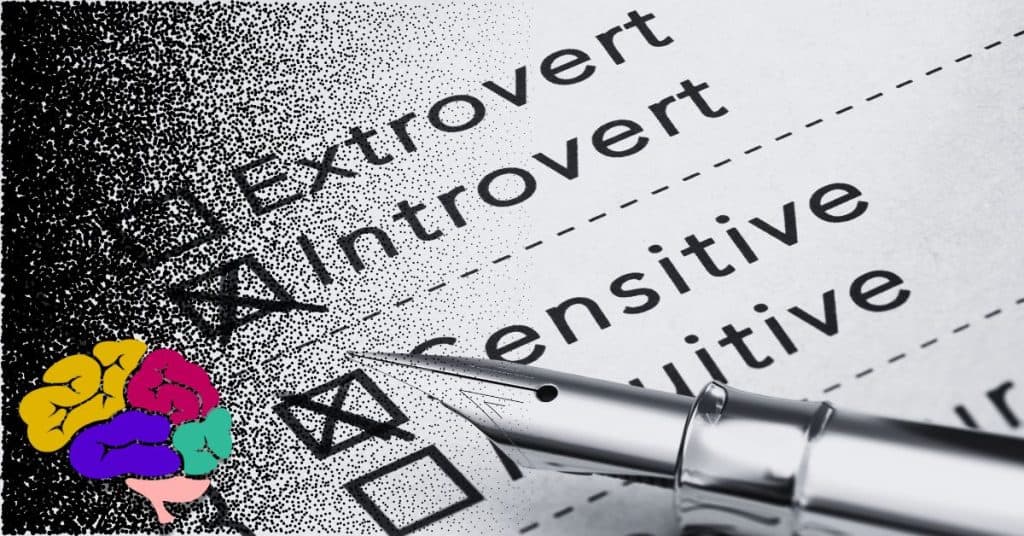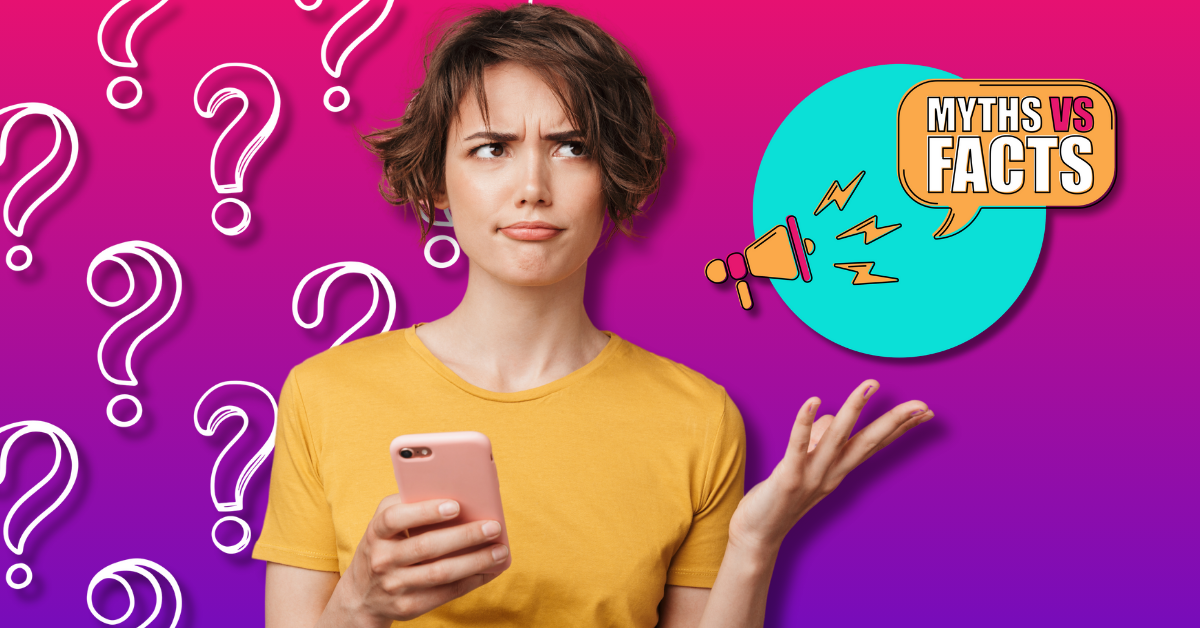A Google search for “dating mistakes” returns a number of intriguing, though somewhat predictable, results. One of the most common (and highest-ranked) topics is the “worst online dating app blunders you’re making,” followed by “the most frequent dating mistakes that guys make” and “the seven biggest dating mistakes women engage in (before sex).
Their advice is to avoid “asking the wrong questions,” “being overly focused on sex,” “focusing on seeing only one person at a time,” or “dating too several individuals at the same time.”
But we’ve found that there is no one-size-fits-all dating advice and feel that this is the wrong approach–what if we took on dating dos and don’ts from an entirely different angle rather than looking at the most common dating mistakes through the filter of binary gender stereotypes? How about our own character traits?
The Myers-Briggs type indicator, which divides individuals into 16 distinct “personality types” based on their preferred methods of obtaining energy, seeing the environment, making choices, and interacting with others, has become more popular in recent years when it comes to love and dating.
Although we often apply the lessons we learn about ourselves to perform better at work, they may have just as profound an effect on our success in the dating world.
Things like unaddressed childhood trauma, attachment patterns, and mental health concerns can all affect how a person’s personality comes out. Taking a thoughtful and curious approach toward the concept of personality types is one of the best ways to get a deeper understanding of ourselves and others.
So how does this all play into dating mistakes? We’re going to take a look at which Myers-Briggs personality types make certain dating don’ts and why!
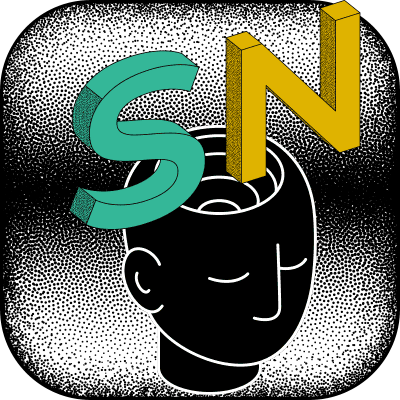
Sensing Vs. Intuitive
You’re either an ‘S’ (sensing) or an ‘N’ (intuitive) on the 16-personality scale–these categories describe how we see the world and how we take in information.
Sensors are more realistic and detail-oriented by nature; based on the facts put in front of them, they accept things as they are. In contrast, intuitives think more broadly; they like drawing connections between items and often search for hidden patterns and deeper meanings. In dating, how does this manifest itself?
The fact that sensors are practical is a benefit–they are adept at carrying out daily tasks and being attentive, but this translates into them neglecting their dreams, whether for their jobs, their relationships, or their overall life goals. They place a lot of emphasis on what is really possible, but if you don’t dream big, it will be more difficult to accomplish big goals since visualizing is the first step in achieving anything! If it doesn’t make sense practically, they could also be less willing to take on things like traveling long distances.
On the other end of the scale, we have intuitives. They have an almost unhealthy capacity for extravagant fantasies, which might seem lovely but might cause them to ignore important facts. Sometimes people will have a plan, like going on a date or getting away for the weekend, but they won’t know how actually to make it happen. Due to their preoccupation with the future, they can struggle to maintain a firm grasp on the here and now.

Introvert Vs. Extrovert
The dating process might be especially awkward for introverts because of their shyness.
If you’re dating an introvert, it may take more time to develop a close connection due to the necessity of vulnerability in relationships. Also, introverts can appear disinterested while they actually are paying close attention–they are likely absorbing it all internally and just taking their time.
For extroverted people, it can look quite different. The majority of extroverts are quite outgoing, especially at the beginning of a relationship–they tend to talk a little too much. They may want more external affirmation from their partner to feel secure since they get much of the energy they need from the world around them.
They can get impulsive with their words and say things that they might later regret when they begin to connect with someone.
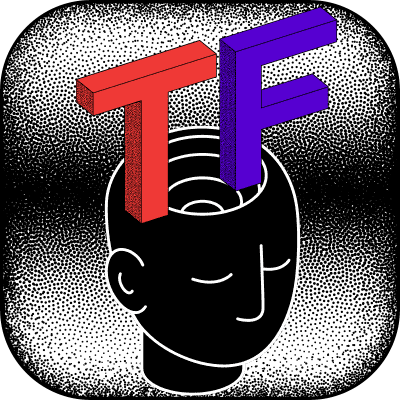
Thinker Vs. Feeler
How you decide on what to do next (your “T” or “F” letter in the Myers-Briggs acronym) is based on how you process information.
Decisions are best made using logic and reason when dealing with thinkers–they focus on objective evidence as opposed to the subjective feelings considered by feelers. That includes both their own feelings and the feelings of others, such as their significant other. After just a handful of dates, feelers tend to get carried away by their emotions.
It’s possible for them to develop intense feelings for someone they hardly know. The risk of the dating game lies in the fact that it is normal for feelers to assign qualities to someone they have just met–which is often far from reality and can be tricky, and possibly dangerous in the dating world.
When it comes to thinkers, they sometimes have trouble understanding and communicating their feelings. Love can be unnerving for this personality type, and they may be reluctant to take in these strong emotions or express them to their partner. Since they are often so realistic, analytical, and logical, feelings may feel foreign and uncomfortable.
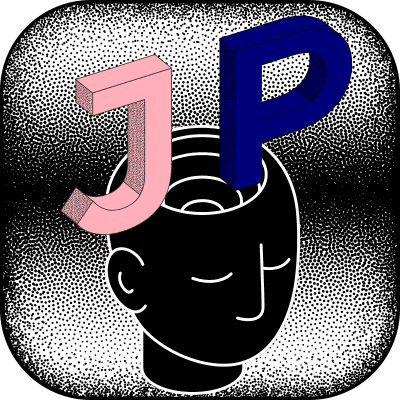
Judger Vs. Perceiver
Your interaction with the world is reflected in your personality type’s last letter.
Judgers are more likely to favor consistency and order–they feel more at ease when they have a clear direction and know what to expect. When it comes to romantic relationships, this could manifest as a premature commitment on the part of one party, like when someone says, “I have to ask them where this relationship is headed right now” after just two dates.
On the other hand, perceivers are more flexible and spontaneous and don’t want to limit their potential outcomes. They may respond with, “We don’t need to engage in this conversation right now.”
They don’t take things as seriously as judgers can, and they feel more comfortable making decisions later on. While a judger can find it painful to change a plan after it has been established, a perceiver won’t see it as a big problem if a Friday night date is scheduled but is postponed.
Even at home, judgers tend to keep their living spaces neat and tidy, while perceivers tend to leave their clothes and other belongings scattered around the place. What seems like chaos to a judger isn’t at all chaotic to a perceiver!
Final Thoughts
Even if you and your date have completely different personality types, don’t count a relationship as over before it’s even begun–after all, opposites do attract.
Many couples with contrasting personalities find they suit one another quite well. Finding someone who balances your weaknesses is a means to even out the scales. For instance, an intuitive may appreciate the stability and predictability provided by a sensor, while a sensor might welcome the dream-big attitude fostered by an S-type.
You can discover a lot about your partner by using the framework of Myers-Briggs personality types–the purpose of the structure is to simplify the analysis of complicated systems, such as the human mind or the financial system. Understanding a person’s personality type might help you better understand the person you’re dating. It’s a useful tool that can improve and deepen your connections when used mindfully.
